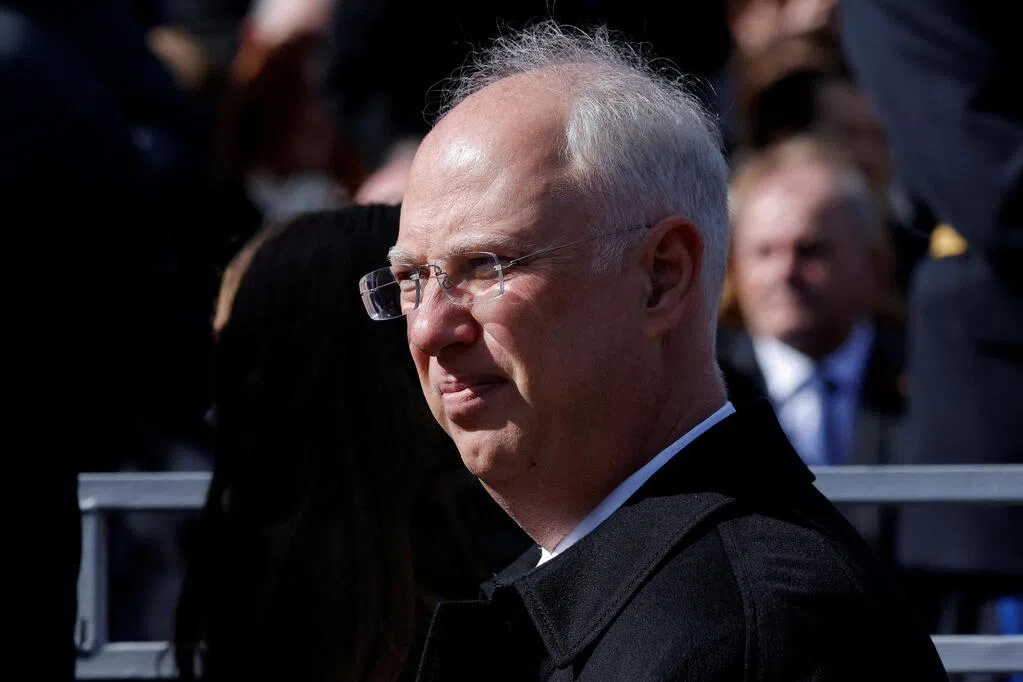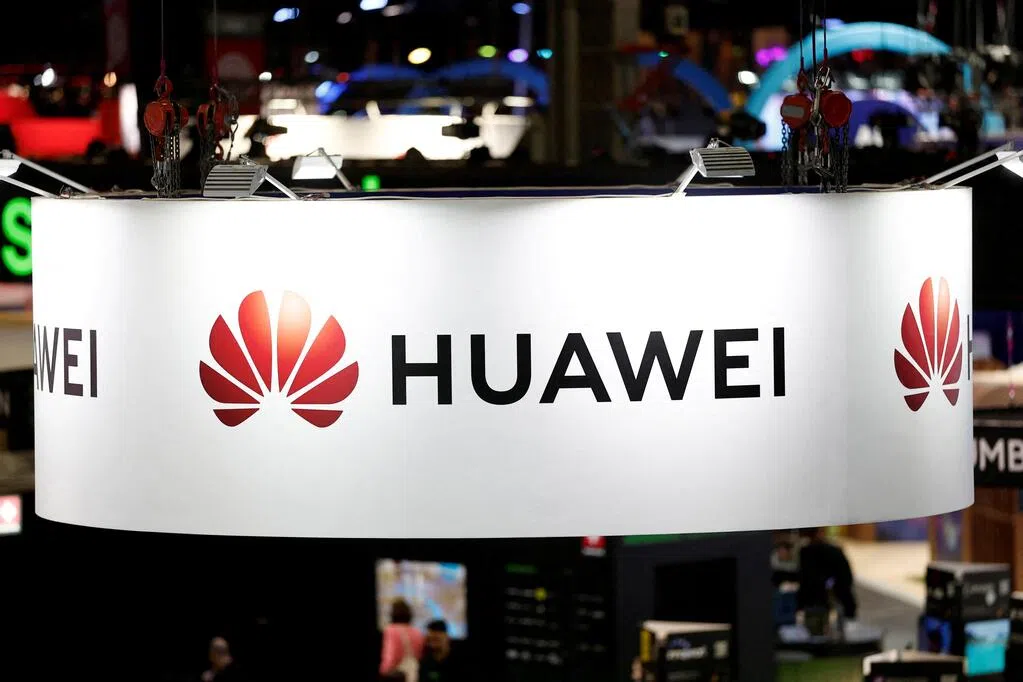Japanese Prime Minister Sanae Takaichi welcomed visiting US President Donald Trump at the Akasaka State Guest House in Tokyo on Tuesday (October 28). Following their meeting, the two leaders signed a document indicating that they would instruct cabinet members to take further measures to usher in a "new golden age" for the Japan-US alliance.
As a declaration of this "new golden age," Trump and Takaichi then boarded Trump's private helicopter and landed directly on the deck of the USS George Washington aircraft carrier. Trump also addressed the 6,000 US troops aboard, affirming the value of the US-Japan alliance.
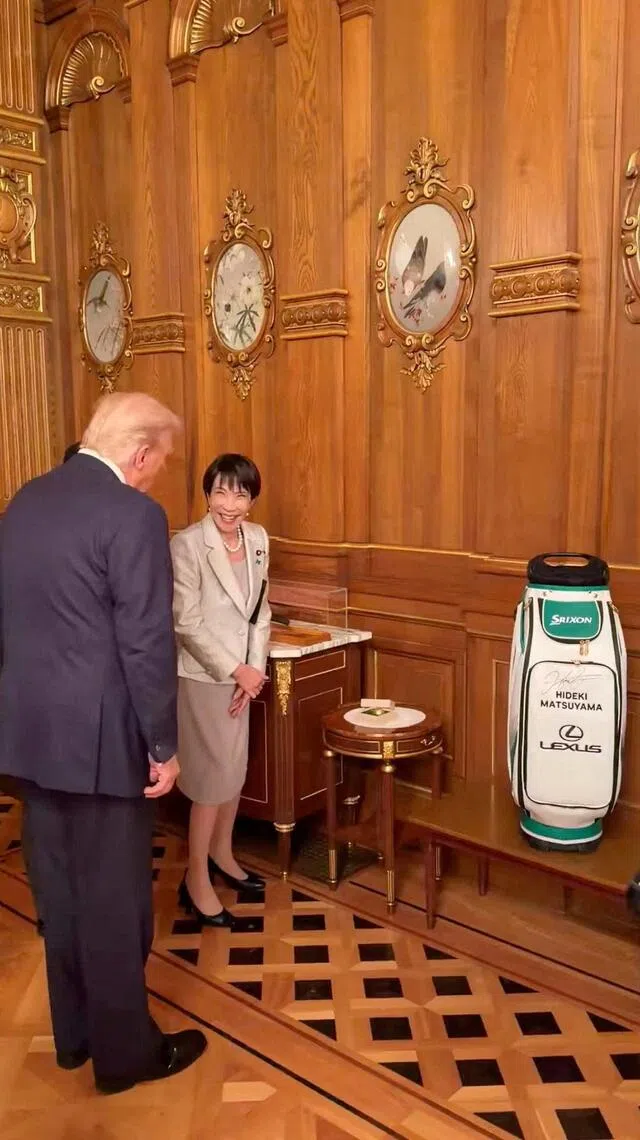
Takaichi and Trump held a meeting in the morning, during which they interacted closely for 40 minutes.
Takaichi stated his determination to restore a strong Japanese diplomacy to safeguard Japan's national interests. "I hope to further promote Japan-U.S. cooperation to develop a free and open Indo-Pacific region. I hope to work with President Trump to create a new golden age for the Japan-U.S. alliance, making both countries stronger and more prosperous."
Trump responded warmly: "I have always had a deep affection and respect for Japan, and this relationship is stronger than ever before… We are the strongest allies, and it is an honor to have the opportunity to meet with you at the beginning of your term, as you will become one of the greatest prime ministers in history."
Further Reading
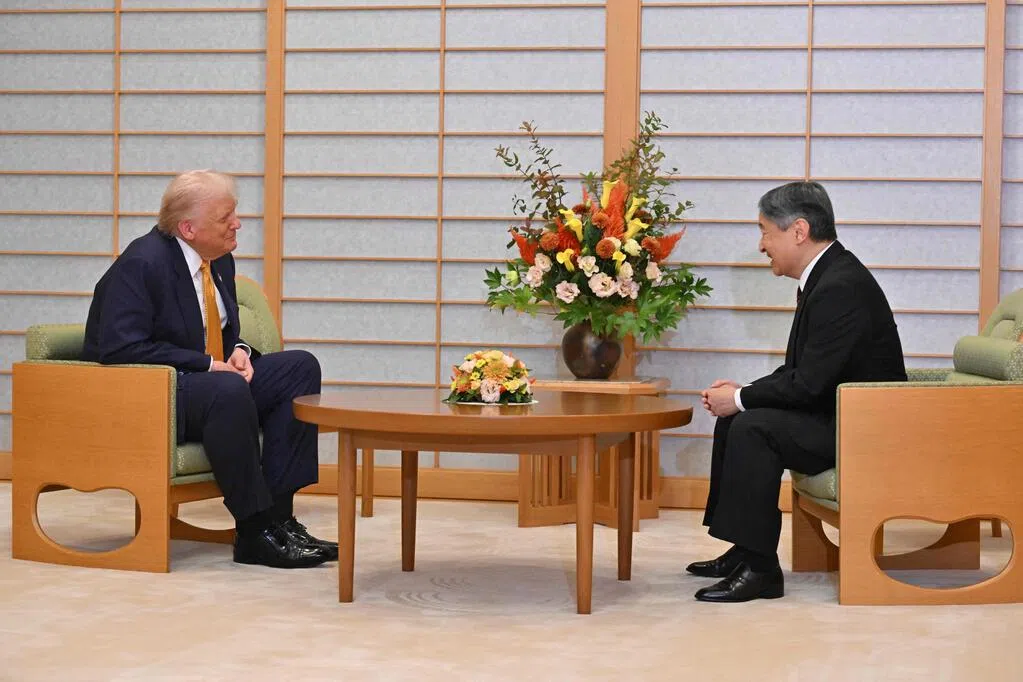
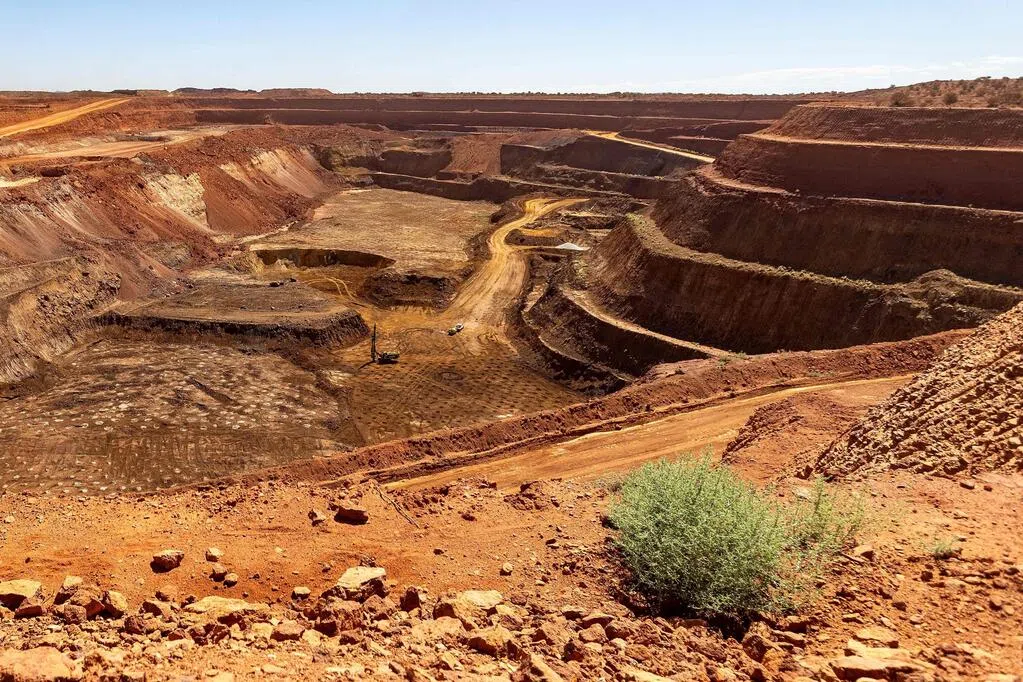
Kaoichi also praised Trump for facilitating ceasefires between Cambodia and Thailand, and between Israel and Palestinian militants, calling it "an unprecedented and historic achievement." Kaoichi pledged at the meeting to nominate Trump for the Nobel Peace Prize.
Trump, in turn, praised Japan's significant increase in defense spending and its purchase of US-made defense equipment, noting that the US had received a large new defense equipment order from Japan. He said, "As you know, we produce some of the best defense equipment in the world, including fighter jets and missiles. I hope we never have to use them, but I appreciate this order."
Subsequently, the two sides signed two agreements: one concerning US investment projects related to Japan-US tariffs, and the other an economic security framework for cooperation on key minerals. The latter is seen as helping the US reduce its dependence on Chinese rare earth elements.
On the same day, Kaoichi also accompanied Trump on Trump's private helicopter—Marine One—to the nuclear-powered aircraft carrier USS George Washington, docked at a US military base in Japan. During his speech aboard an aircraft carrier, Trump confirmed to servicemen that Toyota would establish a $10 billion (approximately S$13 billion) car plant in the United States.
Analysts pointed out that Trump's joint visit with Takaichi to the aircraft carrier demonstrated the strong deterrent power of Japan and the United States throughout East Asia. An analysis by the Nikkei noted that cooperation between China, North Korea, and Russia is strengthening in East Asia. The Trump administration remains vigilant about the increasing military strength of China.
To strengthen its "extended deterrence," the United States, in addition to using its military forces, including nuclear weapons, to protect Japan, also demands that Japan strengthen its commitment to self-defense. The Trump administration has been pressuring allies to increase defense spending to alleviate the burden on the U.S. military. NATO members have already decided to set defense spending at 5% of GDP. Based on this, prior to his meeting with Trump, Takaichi announced that the original commitment to achieve 2% of GDP for defense spending by 2027 would be brought forward to this fiscal year.
Lacking concrete return plans, Japanese companies are hesitant to invest in the US.
As a follow-up to the Japan-US tariff negotiations, Japan plans to invest $550 billion in the US. The package includes shipbuilding, as well as increased purchases of US soybeans, natural gas, and pickup trucks.
It is understood that many Japanese companies are hesitant to participate in the investment plan due to the lack of concrete investment and return plans. US officials, during their visit to Japan, also tried to reassure Japanese companies. US Commerce Secretary Lutnick emphasized in Tokyo that investment in the US is an investment in US national projects, which will avoid the risk of losses for Japan.
He revealed that "projects also include joint investments for US economic security, such as the construction of power plants," and stated that the investment plan will not be decided unilaterally by the US, but will be jointly designed with Japan through a "consultative committee."
Trump attended a business event in Japan that evening, and according to a publicly available list of companies, Toyota Motor Corporation, Mitsubishi Heavy Industries, SoftBank, Hitachi, Murata Manufacturing, and Panasonic are among the potential investors.

